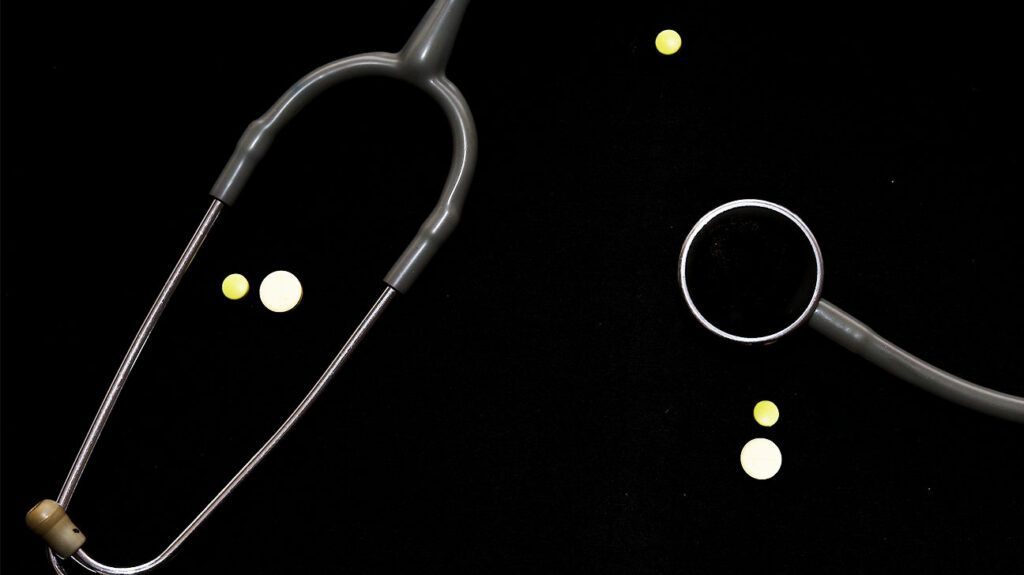Low Survival Rate Among Children After Out-of-Hospital Cardiac Arrest: New Findings Highlight Need for Immediate Action

New research from the University of Warwick reveals that only 1 in 8 children survive out-of-hospital cardiac arrests, highlighting the critical importance of rapid CPR and emergency response. Learn more about the latest findings and how they can inform life-saving strategies.
A recent groundbreaking study by the University of Warwick's Out-of-Hospital Cardiac Arrest Outcomes (OHCAO) team has unveiled vital national data on children experiencing out-of-hospital cardiac arrests (OHCA). This critical medical emergency, though relatively rare in children, presents unique challenges, and the new data emphasizes the urgent need for widespread CPR awareness and training.
The 2024 Pediatric Report marks the first time such comprehensive data has been collected at a national level in England. It reveals that approximately 13.2% of children who suffer an OHCA survive beyond 30 days, a survival rate notably higher than the less than 10% observed in adults. Notably, children under one year are the most vulnerable, accounting for 40% of pediatric cases.
The study recorded 617 cases across England in 2024, with a median age of 3 years. Most incidents (81%) occur at home, which underscores the importance of parental and caregiver preparedness. Boys are somewhat more affected, representing 60% of cases, aligning with adult patterns.
The causes of pediatric cardiac arrests differ from adults; trauma and asphyxia are responsible for about 22% of cases, whereas cardiac causes dominate in adults (~83%). Early CPR was attempted in around 72% of cases, yet survival remains low. Improvements in the deployment of public-access defibrillators have been recorded, with their use increasing from 4.4% in 2020 to a record 9% in 2024.
Experts emphasize that rapid recognition and prompt intervention are crucial. Dr. Christopher Smith from Warwick Medical School highlights the importance of early CPR, while Dr. Mark Worrall from Glasgow stresses that this data will help shape future training and support initiatives. The Resuscitation Council UK also advocates for accessible CPR training for all caregivers, including online tools tailored for children and babies.
Supported by the British Heart Foundation, the registry also reveals trends such as improved 30-day survival rates and faster ambulance responses, reflecting ongoing progress in emergency response systems. However, the low overall survival underscores the growing need for community-based prevention and immediate action to save young lives.
Stay Updated with Mia's Feed
Get the latest health & wellness insights delivered straight to your inbox.
Related Articles
New Insights on Beta-Blockers Use in Women Post-Heart Attack: Risks and Recommendations
Emerging research reveals that beta-blockers may pose risks for women after heart attacks, especially at higher doses, prompting a reevaluation of treatment practices and gender-specific approaches.
How Parental Separation Influences Brain Development in Early Life
New research reveals how parental separation influences brain development in early life through the hormone oxytocin, shaping social behaviors and emotional resilience in young mammals.
Enhancing Safety and Personalization in Radiopharmaceutical Therapy Through Post-Treatment Imaging
Post-treatment imaging and dosimetry are revolutionizing radiopharmaceutical therapy by improving safety and tailoring treatments to individual patients, leading to better outcomes and safer practices.



